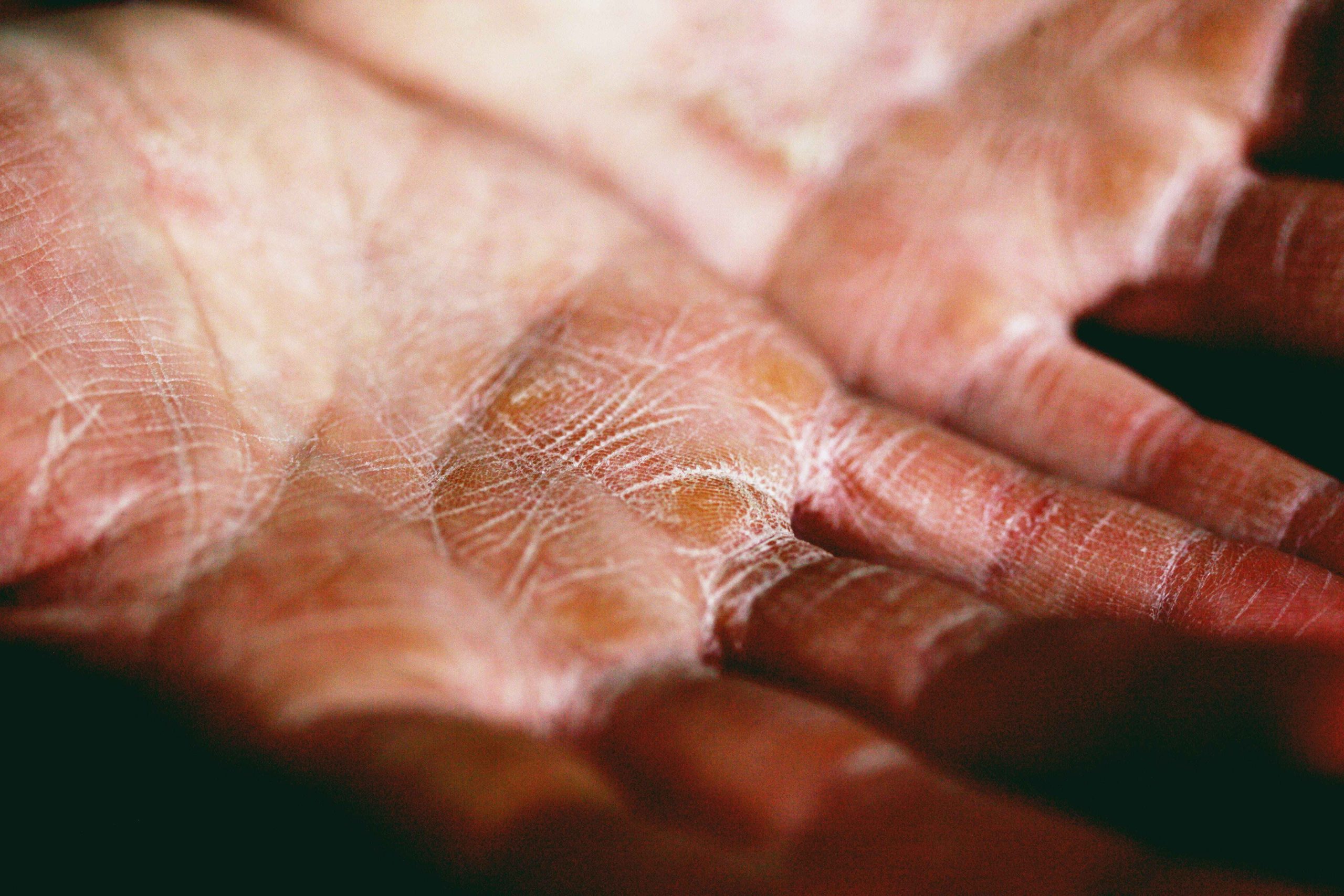Dehydration is a condition that occurs when your body loses more fluids than it takes in, leading to an imbalance in the body’s electrolytes. It can happen to anyone, regardless of age or health status, and recognizing its signs and symptoms is crucial for prompt intervention. In this blog, we’ll delve into the various aspects of dehydration, from its causes and symptoms to prevention strategies and treatment options.
Definition and Causes of Dehydration:
Dehydration occurs when the body loses more fluids than it takes in. Common causes include excessive sweating, vomiting, diarrhea, fever, and inadequate fluid intake. Certain factors such as age, climate, and medical conditions can increase the risk of dehydration.
Physical Signs and Symptoms:
Observable signs of dehydration include dry mouth, sunken eyes, decreased skin elasticity, and reduced urine output. Internally, individuals may experience thirst, fatigue, dizziness, confusion, and dark-colored urine.
Severity of Dehydration:
Dehydration can range from mild to severe, with symptoms becoming more pronounced as the condition worsens. Mild dehydration may cause thirst and dry mouth, while severe dehydration can lead to organ damage, heat-related illnesses, and even death if left untreated.
Impact of Dehydration on Health:
Prolonged dehydration can have serious consequences on health, including kidney damage, urinary tract infections, electrolyte imbalances, and heatstroke. It can also exacerbate existing medical conditions and impair cognitive function.
Diagnosis and Treatment:
Healthcare professionals diagnose dehydration through physical examination, medical history review, and laboratory tests. Treatment options include oral rehydration solutions, intravenous fluids, and addressing the underlying cause of dehydration.
Prevention Strategies:
Preventing dehydration involves staying adequately hydrated by drinking water regularly throughout the day. During hot weather or physical activity, increasing fluid intake is essential. Avoiding excessive alcohol and caffeine consumption and monitoring fluid intake during illness can also help prevent dehydration.
Special Considerations:
Certain populations, such as infants, elderly individuals, and athletes, may be at higher risk of dehydration and require special attention. Pregnant women should also take precautions to prevent dehydration, as it can pose risks to both mother and baby.
Conclusion:
Understanding the signs and symptoms of dehydration is essential for maintaining optimal health and well-being. By staying hydrated, recognizing early warning signs, and seeking timely medical intervention when needed, we can prevent dehydration-related complications and ensure our bodies function at their best. Stay hydrated, stay healthy!






